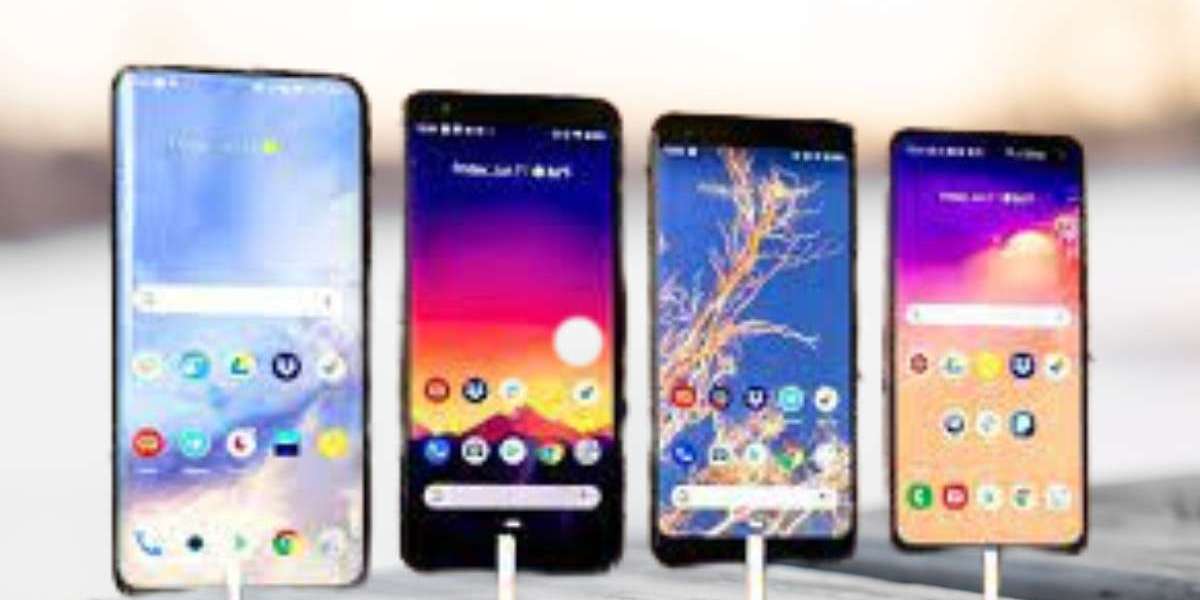In an era where technology evolves rapidly, changing smartphones has become a frequent occurrence. Whether it's due to performance degradation, the allure of new features, or simply the desire for something new, the decision to switch phones is not one to be taken lightly. With an overwhelming array of choices in the market, each boasting different features and capabilities, selecting the right smartphone can be daunting. This guide aims to simplify this process, helping you make an informed decision that aligns with your needs and preferences.
Understanding Your Needs Before diving into the technicalities, it's crucial to assess your specific needs. Are you a heavy user who needs a long-lasting battery? Or perhaps a photography enthusiast who prioritizes camera quality? Your daily usage patterns should dictate your choice. A gamer might prioritize a phone with a high-performance processor and ample RAM, while a business professional might look for robust security features and efficient multitasking capabilities. Understanding these personal requirements is the first step towards narrowing down your options.
Brand Considerations The brand of a smartphone often speaks volumes about its quality and reliability. Brands like Nokia have built a reputation for durability and battery life, while others are known for their innovative features and sleek designs. Consider the brand's history, customer service, and the quality of their previous models. A well-established brand can offer a sense of security, but don't shy away from exploring emerging brands that might offer innovative features at a competitive price. Remember, a brand's prestige doesn't always guarantee the best personal fit.
Operating System (OS) Choices The operating system is the heart of your smartphone experience. The big players – Android, iOS, and Windows – each offer distinct ecosystems. Android boasts versatility and customization, iOS is celebrated for its seamless integration and user-friendly interface, and Windows offers a unique tile-based layout. Your choice of OS should align with your comfort level and the ecosystem you're already invested in. For instance, if you own other Apple devices, an iPhone would offer seamless compatibility. It's also important to consider the availability of updates and support for each OS.
Technical Specifications
- Processor Speed and Performance The processor is the brain of your smartphone. A faster processor means quicker response times and smoother multitasking. Look for the latest chipsets for optimal performance, especially if you plan to use your phone for gaming or intensive applications.
- RAM and Storage Options RAM is crucial for multitasking efficiency. A higher RAM allows more applications to run simultaneously without slowing down your phone. Storage is another key factor – more storage means more space for apps, photos, and videos. Consider phones with expandable storage if you tend to accumulate a lot of data.
- Battery Life Battery life is paramount, especially if you're often on the move. Look for phones with a higher mAh rating for longer battery life. Also, consider fast charging capabilities and wireless charging options for added convenience.
Screen Size and Display Quality The screen is your window to everything your smartphone can do. A larger screen is excellent for media consumption and gaming, but might be cumbersome for those with smaller hands. Conversely, a smaller screen is more portable but might compromise on the viewing experience. Display quality also matters – higher resolution offers sharper images, and OLED screens provide vibrant colors and deep blacks. Consider how you use your phone to determine the ideal screen size and display quality for you.
Camera Quality In today's social media-driven world, a smartphone's camera is often a deal-breaker. High megapixel counts, multiple camera setups, and features like optical image stabilization and low-light performance are key considerations. Front cameras are just as important for selfies and video calls. Remember, a higher number of megapixels doesn't always equate to better quality – lens quality and software optimization play significant roles. Test the camera in different lighting conditions to ensure it meets your expectations.
Conclusion Choosing a new smartphone is a balance of personal needs, technical specifications, and budget. By understanding your usage patterns, considering the brand reputation, operating system, technical specs like processor speed, RAM, battery life, screen size, and camera quality, you can make a well-informed decision. Remember, the best smartphone for you is one that aligns with your lifestyle and enhances your daily routine. Take the time to research, compare, and, if possible, test the phones on your shortlist to ensure your next smartphone is a perfect companion for your digital life.
Check out some online platforms for comprehensive phone feature reviews:
91 Mobiles
PhoneVortex



